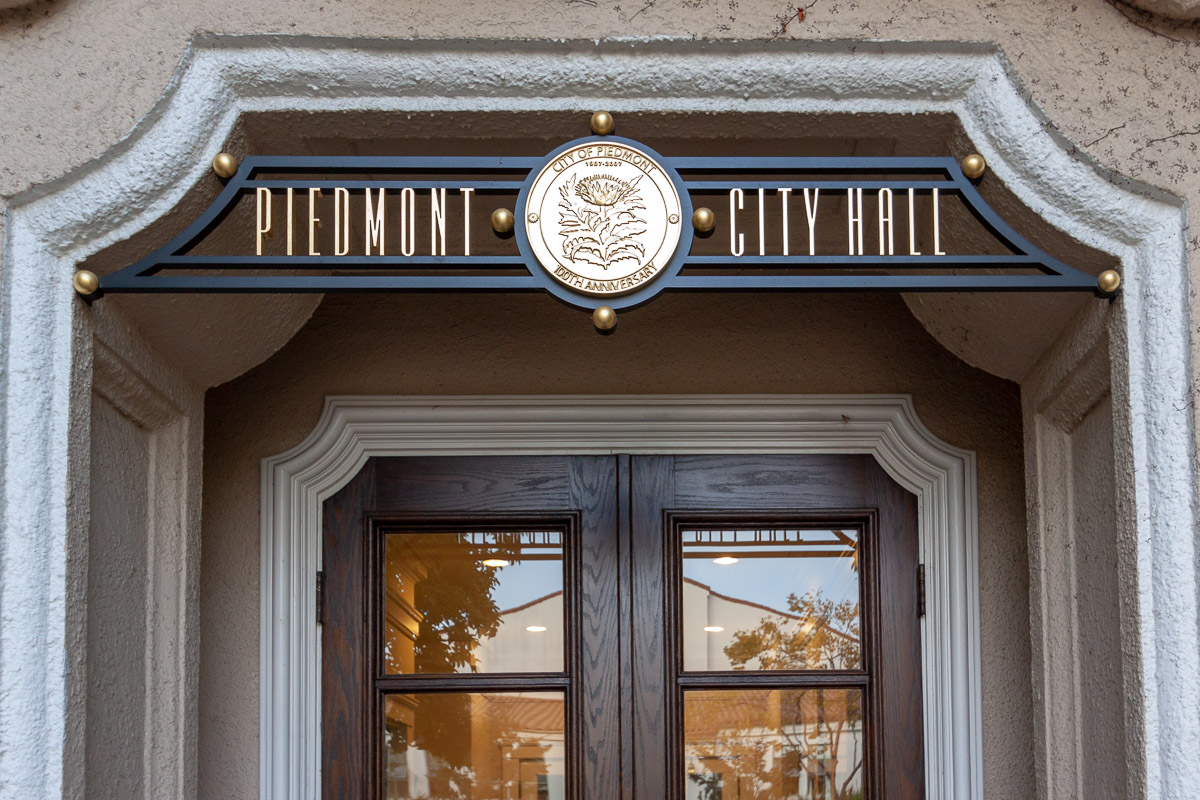In light of some protests in Oakland and all around the East Bay that turned violent and destructive after dark for the fourth consecutive night on Monday, the City Council on Monday imposed an overnight curfew that will run from 8 p.m. to 5 a.m. starting Monday night.
The curfew, as approved, requires people to not be on public streets or in public areas like parks from 8 p.m. until 5 a.m. the nights of Monday, June 1 through Thursday, June 4, with the curfew order ending at 5:00 a.m. on Friday, June 5. Exemptions, as in other area cities with curfews, are allowed for first responders, health care providers, people seeking urgent medical care, people going to and from work, unsheltered/homeless people and the news media.
If city officials decide they want to end the overnight curfew before then, or want to extend it past June 5, a special City Council meeting will have to be convened for such a vote.
The council’s 5-0 vote Monday night came as, just a few miles away, Oakland police officers were firing tear gas canisters at protesters in the downtown area. City Administrator Sara Lillevand, who earlier in the day signed a local emergency declaration paving the way for the curfew, said groups of potential troublemakers came “within a few blocks” of Piedmont at least three times during the previous two nights.
Because the need came up after the agenda for Monday night’s meeting was posted last Thursday, and because acting on it couldn’t wait until the next scheduled council meeting on June 15, the action was added to the council agenda late Monday.
Oakland city officials and Alameda County had enacted curfews earlier Monday, from 8 p.m. until 5 a.m. daily, until further notice. San Francisco, San Jose and several Bay Area cities enacted curfews over the weekend. Both of those curfews are “until further notice.”
Piedmont officials said this city’s curfew is designed to mirror those of other cities as closely as possible. Working with Oakland is crucial, too, said police Chief Jeremy Bowers. On Sunday night, Oakland police told Piedmont officers a group broke away from an Oakland protest and were headed up Grand Avenue toward Piedmont. Indeed, some social media posts on Sunday had mentioned causing problems in affluent cities in the East Bay, including Walnut Creek, Orinda and Piedmont. Bowers said police gathered at the city limit on Grand Avenue and turned those protesters around.
Bowers said he regrets that the protests of George Floyd’s death at the hands of a Minneapolis police officer have themselves turned into something violent and counterproductive.
“Rather than having the substantive, hard conversations, we’re chasing people around (who are) trying to break into Best Buy,” Bowers said. “The real hard work, I hope we can get to it sooner rather than later.”
Though the Alameda County curfew covers all cities within the county including Piedmont, Bowers said local police will have more specific discretion in enforcing the curfew because the city has its own in place. Bowers said initial contact with curfew violators likely will result in them being told to go home, but said tickets could be issued, and arrests could be made.
The curfew, and the destruction and violence that spawned it, is the latest crisis in the Bay Area and beyond, following the COVID-19 pandemic and the economic and social difficulties it brought.
“It feels like we’ve asked a lot of our community already,” Councilwoman Jen Cavenaugh said Monday night. “I just want to acknowledge the challenge to people who want to engage.”
Contact Sam Richards at sam.richards4344@gmail.com

